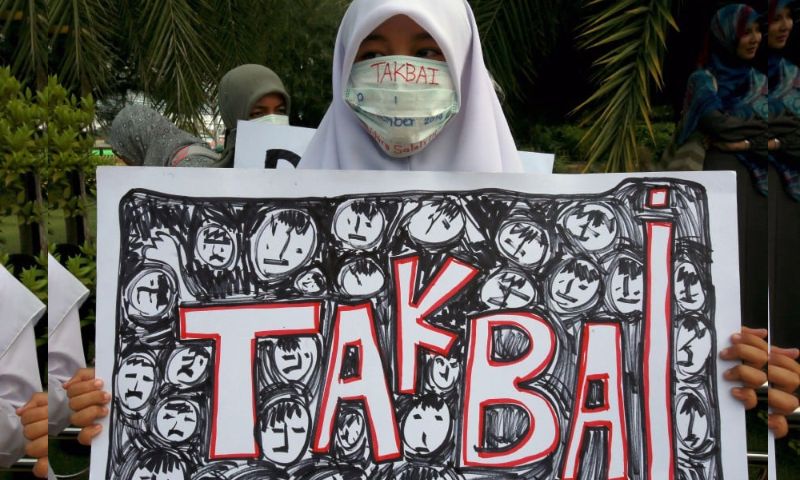BANGKOK: A Thai court on Friday agreed to hear a criminal lawsuit against seven senior security officials over their alleged roles in the deaths of 85 Muslim protesters in a 2004 incident in Tak Bai.
The protesters, who suffocated while being piled on top of each other in army trucks, were part of a demonstration in Thailand’s predominantly Muslim southern provinces. The lawsuit accuses military and police officers of murder and unlawful detention in connection with their actions during the protest. The tragic event, which drew international condemnation, intensified the ongoing insurgency in the region near Malaysia.
Pornpen Khongkachonkiet, a lawyer representing the families of 48 victims, expressed hope that the court proceedings will bring justice to the victims, their families, and the affected community. The court is scheduled to summon the accused on September 12.
The Tak Bai incident also impacts former Prime Minister Thaksin Shinawatra, as the case involves Pisan Wattanawongkiri, a former regional army commander and current lawmaker for Thaksin’s Pheu Thai Party. This development follows the recent election of Thaksin’s daughter, Paetongtarn Shinawatra, as Thailand’s new prime minister.
At the time, Thailand’s government expressed regret over the Tak Bai deaths but denied any wrongdoing. Police initially claimed some protesters were armed. The crackdown, conducted under martial law, was one of the deadliest episodes in the separatist insurgency that reignited in 2004 and has since resulted in over 7,600 deaths.
During the incident, seven people were shot by security forces outside the Tak Bai police station, where protesters were demanding the release of detained villagers. Many of the remaining detainees were bound, transported, and suffocated or crushed to death while stacked in army trucks. Survivors sustained severe injuries and lasting disabilities.
Amnesty International welcomed the court’s decision to accept the case, calling it a crucial step toward justice. The organization emphasized that the victims and their families have been awaiting accountability for nearly two decades for these “heinous crimes.”


